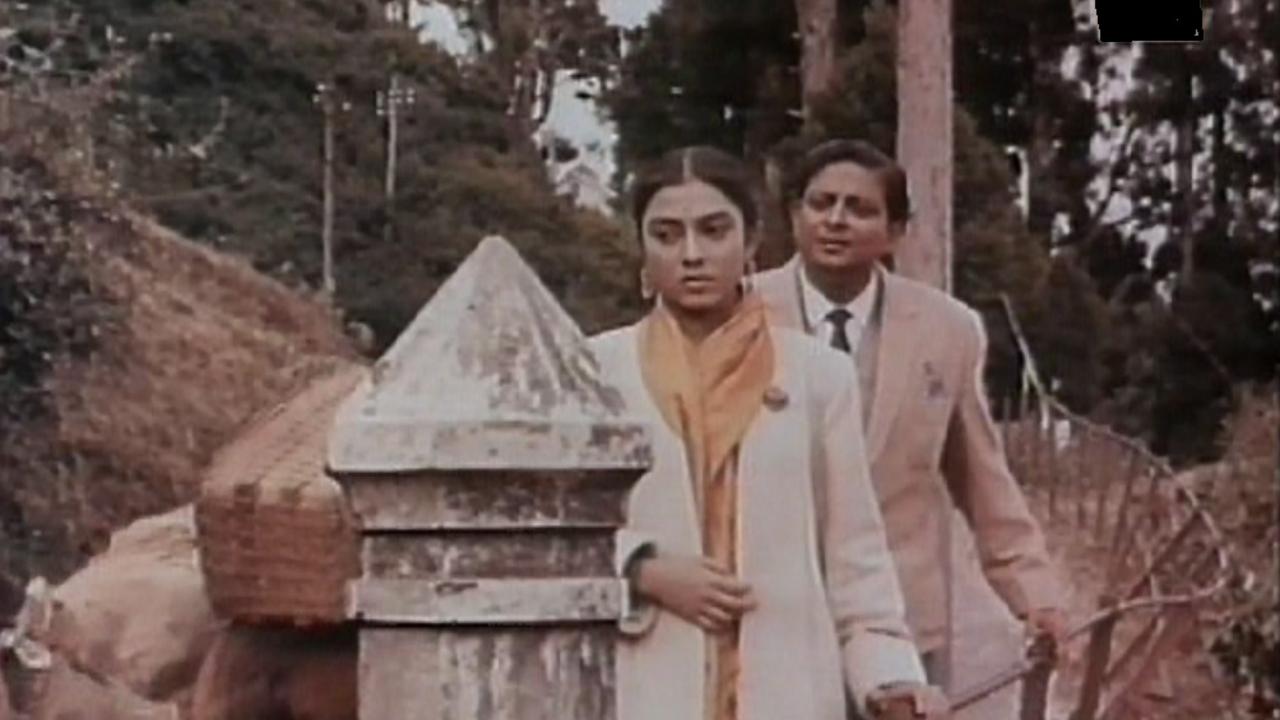For most revered mid-century filmmakers, noting that a particular film featured their first original screenplay and was their first in color would seem to guarantee it additional attention. Curiously, that’s not really the case for Satyajit Ray‘s Kanchenjungha (1962). A careful tapestry of small interactions set against a backdrop of physical grandeur and social change, it seems to get lost in the critical shuffle, functioning as a kind of way station between the narrative sweep of the first two entries in the Apu trilogy and the more refined, self-aware craftsmanship of The Big City and beyond.
Ajantrik
It would be easy, accurate, and a little reductive to call Ritwik Ghatak “the poet of Partition.” But it’s inescapable. Ghatak’s films are obsessed with that existential trauma, even in something like previous Counter-Programming entry Ajantrik. Here is a guy who can make a love story about a man and his car, a sort of fart-filled Herbie, and still conjure up deeply-felt anxieties about colonialism and territorial integrity.
At a crucial moment in Ritwik Ghatak’s Ajantrik (frequently translated as The Pathetic Fallacy), our hero Bimal strokes the most important person in his life and says, “Never mind, Jaggadal. You and I … we’re together.”
It’s a poignant moment, this Bengali portrait of devotion and erotic desire in the face of widespread mockery and community derision.



